Search
Remove Ads
Advertisement
Summary 
Loading AI-generated summary based on World History Encyclopedia articles ...
Search Results
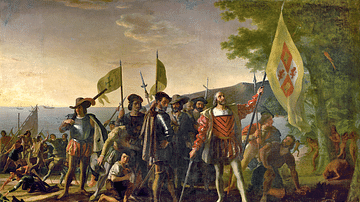
Definition
Doctrine of Discovery
The Doctrine of Discovery is a policy enacted initially by the 15th-century Catholic Church proclaiming the right of Christian nations to take possession of the lands of non-Christians in the interest of saving their souls. Non-Christians...
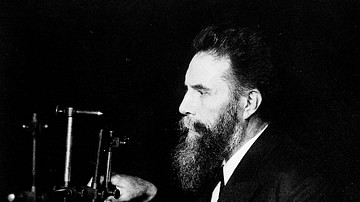
Article
Discovery of X-Rays
The discovery of X-rays – a form of invisible radiation that can pass through objects, including human tissue – revolutionised science and medicine in the late 19th century. Wilhelm Conrad Röntgen (1845-1923), a German scientist, discovered...

Article
Discovery of Penicillin
The age of antibiotics began in September 1928, with the discovery of penicillin by Alexander Fleming (1881-1955), then a professor of bacteriology at St. Mary's Hospital in London. Previously there were no effective treatments against a...

Article
The Dutch Discovery of Australia
17th-century Dutch East India Company (Vereenigde Oostindische Compagnie or VOC) navigators were the first Europeans to set foot on Australian soil. Although there is a strong theory that the Portuguese explorer, Cristóvão de Mendonça (1475-1532...
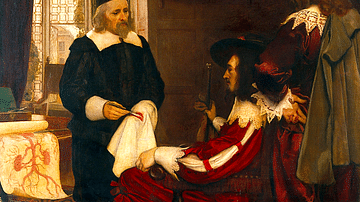
Article
William Harvey's Discovery of Blood Circulation
The human body's system of blood circulation was discovered by the English physician and anatomist William Harvey (1578-1657) in 1628. Harvey determined the relationship between the blood system of arteries and veins and the regular contractions...
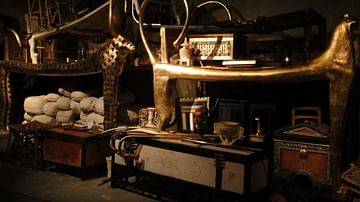
Article
The Discovery of Tutankhamun's Tomb
Before Howard Carter discovered Tutankhamun's tomb, he began his career as a 17-year-old artist on an excavation in Egypt. His skills were soon recognized, and he quickly rose to be an excavator and later chief inspector for Luxor. Because...
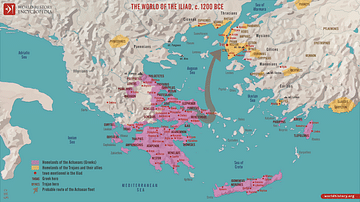
Article
Discovery of Troy
In his epic poems, the Iliad and the Odyssey, the Greek poet Homer (c. 750 BCE) told the story of the Trojan War, a ten-year siege of the city of Troy by an alliance of Greek city-states. Troy was also known by its Latinised name of Ilium...
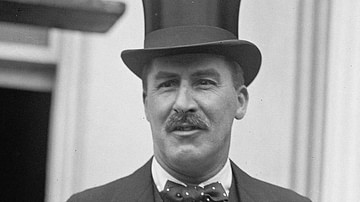
Article
Wonderful Things: Howard Carter's Discovery of Tutankhamun's Tomb
The great discoverer of the treasures of King Tutankhamun, Howard Carter, was born on May 9, 1874 CE to Samuel John and Martha Joyce (Sands) Carter in Kensington, England. A sick, home-schooled child, Carter learned to draw and paint from...

Article
European Discovery & Conquest of Sri Lanka
The island of Sri Lanka (formerly known as Ceylon) became a focus of European attention soon after the Portuguese entry into the Indian Ocean in the late 15th century. Large swaths of the island would come first under Portuguese control...
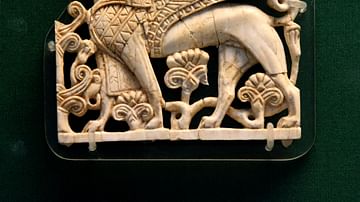
Article
The Nimrud Ivories: Their Discovery & History
In 1845 CE, the archaeologist Austen Henry Layard began excavations at the ruins of the city of Nimrud in the region which is northern Iraq in the present day. Layard's expedition was part of a larger movement at the time to uncover ancient...